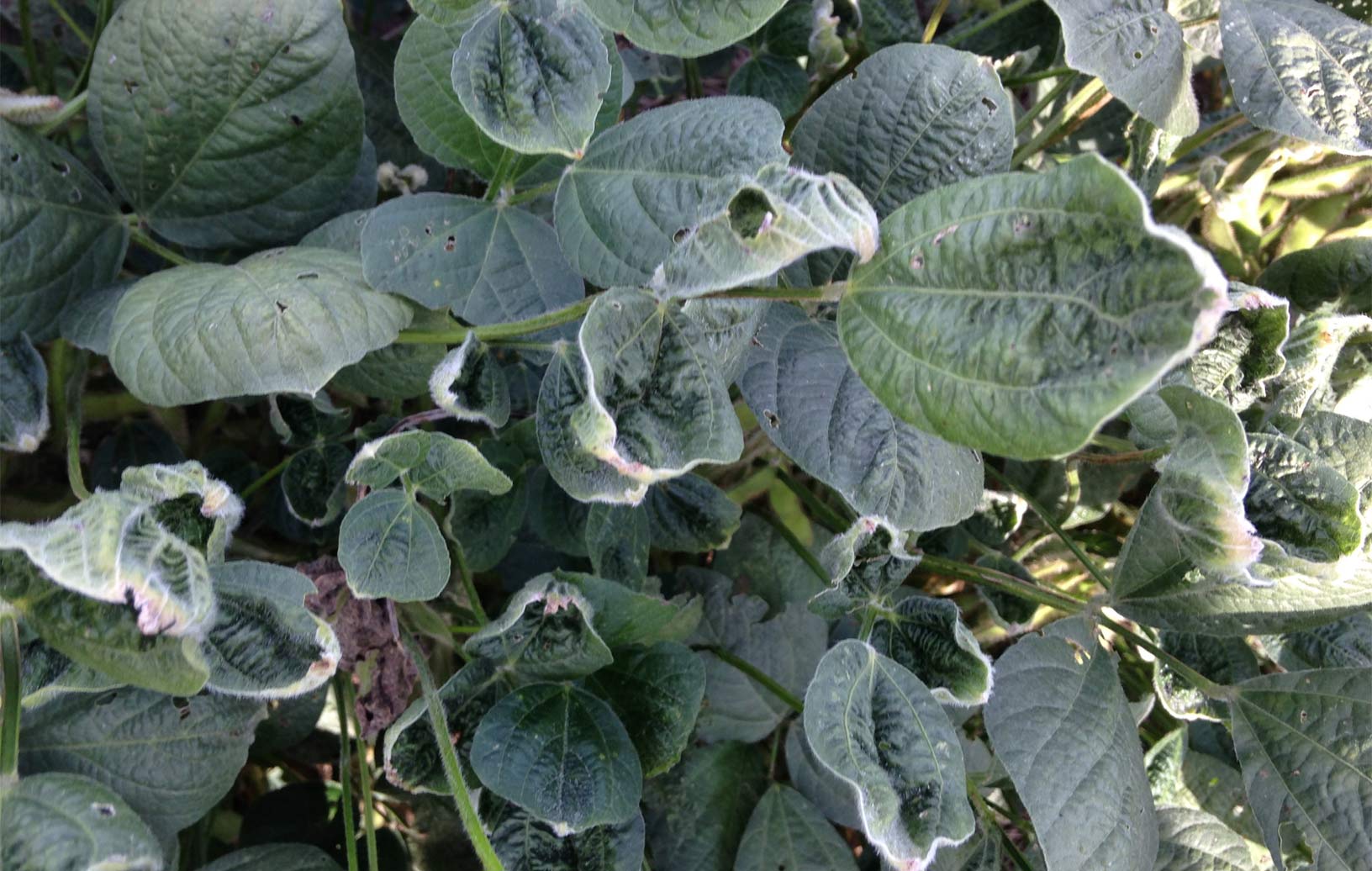Last year, illegal use of the herbicide dicamba on genetically modified soybeans and cotton led to thousands of acres of soybeans, vegetables, and fruit being damaged by drift from the herbicide in 10 states. It even led to one farmer to allegedly murder another over a drift dispute in Arkansas.
This year, the drift disaster is happening again but on an even greater scale as Monsanto has sold even more of its dicamba-resistant GMO crops along with new formulas of dicamba that were claimed to be less prone to drift. That claim has proven false as complaints of drift pour into agricultural agencies in Arkansas, Missouri, Tennessee, Mississippi, Iowa, Illinois, and Minnesota so far.
As of early July there were more than 630 complaints of dicamba drift damage in Arkansas, 140 in Missouri, 77 in Tennessee, and 55 in Mississippi.
Crop damage has been extensive with 203,045 acres of soybeans along with significant damage to tomato plants, watermelons, cantaloupes, vineyards, pumpkins, gardens, trees, and shrubs in Missouri alone.
Dicamba is an older herbicide that is known to volatize, or turn from a liquid to a gas and travel for miles while damaging crops.
“I’ve never seen anything even close to this,” said Larry Steckel, a weed specialist at the University of Tennessee, in an interview with National Public Radio. “We have drift issues every year in a handful of fields, but I’ve never seen anything like this.”
“We’ve had damage across just about every acre of soybeans we farm in southeast Missouri,” said Hunter Raffety, a farmer in Wyatt, Missouri. “In our small town, the azaleas, the ornamentals, people have lost their vegetable gardens. It’s a big problem.”
Dicamba drift damage has been so bad that Arkansas and Missouri temporarily banned sales of the herbicide and Tennessee put restrictions on its use.
Meanwhile, Monsanto has played down the drift damage with Robb Fraley, Monsanto executive vice president, telling CropLife.com “there are kinks that you need to work out.”
That didn’t sit well with weed scientists such as Kevin Bradley, of the University of Missouri Extension.
“To act like this is not a problem, I cannot understand that mind-set,” he said.
Arkansas weed scientist Ford Baldwin put it in more dire terms. “I feel as if I am watching agriculture being destroyed before my very eyes, and anyone who knew much about dicamba could see this coming for several years.”
(Sources: Successful Farming, National Public Radio, Reuters, CropLife.com)





